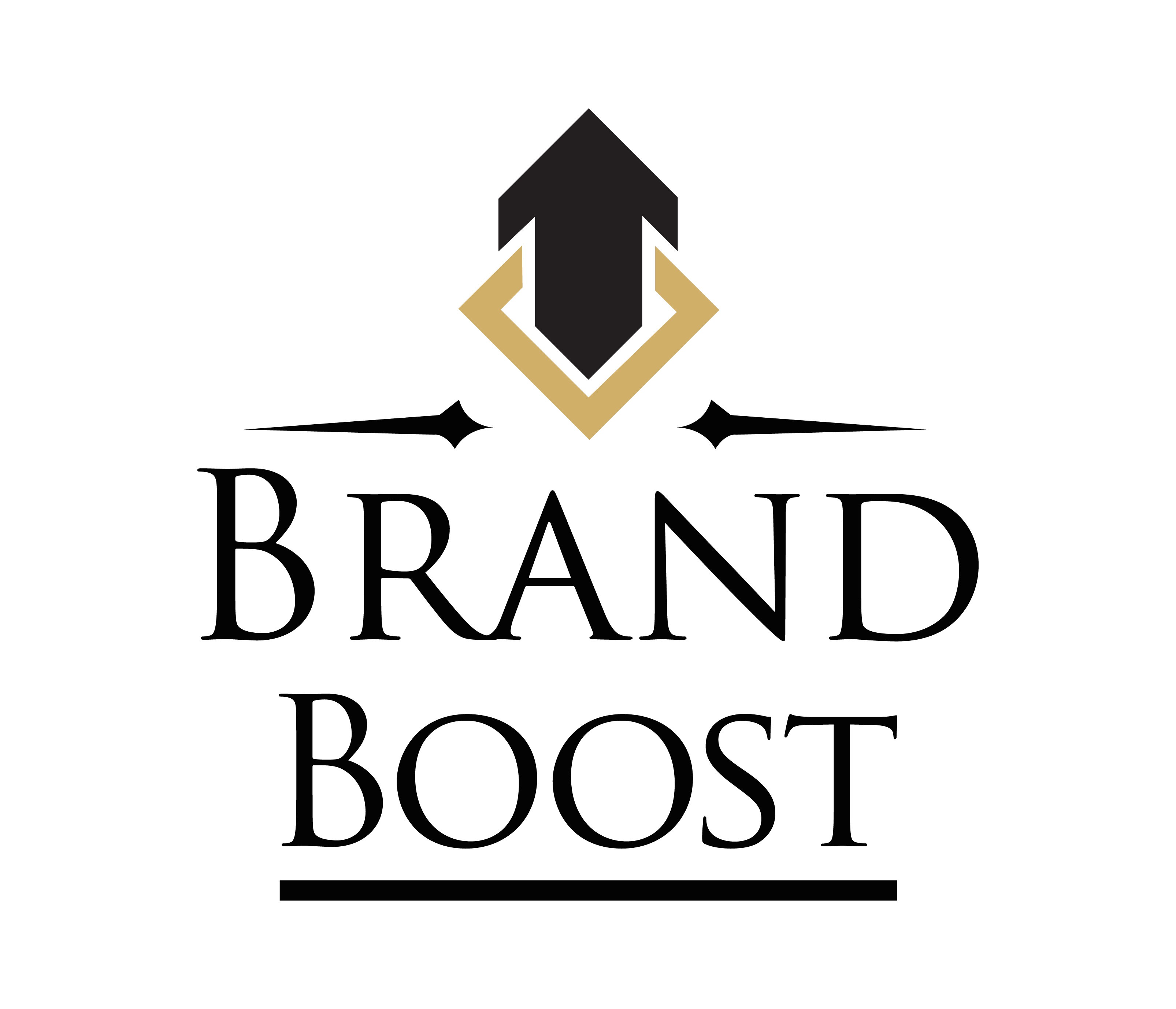 Being viewed as an expert in your field will help you achieve your business goals. Peers in your industry will give greater weight to your opinions, consumers will be more likely to buy your products or use your services, and you’ll be more visible in your market niche. You’ll also see higher rankings in search engine results. Recent changes in search engine algorithms reward in-depth content from recognized industry leaders and experts with higher search engine rankings. Additionally, when your Authority Positioning Assets™ such as industry articles, radio interviews and books are strategically titled with your name or main keyword focus, Google can index this so that it is visible when searched.
Being viewed as an expert in your field will help you achieve your business goals. Peers in your industry will give greater weight to your opinions, consumers will be more likely to buy your products or use your services, and you’ll be more visible in your market niche. You’ll also see higher rankings in search engine results. Recent changes in search engine algorithms reward in-depth content from recognized industry leaders and experts with higher search engine rankings. Additionally, when your Authority Positioning Assets™ such as industry articles, radio interviews and books are strategically titled with your name or main keyword focus, Google can index this so that it is visible when searched.
Experts can open more doors, command higher fees and get more requests from media for their authoritative opinions. Make it easy for prospects and journalists to find your thought-leadership content because the tendency is to do a basic search and select those easiest to find. Develop your own “voice” to deliver your thought-leadership content so that it feels engaging.
Those are some pretty good reasons to become an expert in your industry, right?
But how exactly do you become an expert?
In this series, you’ll learn about the 5 easy steps you can take to become an expert in your field including: Getting More Involved, Get Writing, Get in Touch with Media, Get Published, and Get Moving Online!
To Begin With, How to Get More Involved:
You have to be where thought leaders and industry peers congregate. Did you know that just by merely associating with these leaders, you will be thought of and seen as on the same level as they are? Think about it, if you saw a line-up of speakers on a panel and you recognized a few of the names as being a well-respected expert in the industry you follow because of articles or books they have written, video training conducted, or other keynote activities; you would assume that the other speakers on the panel should be listened to and respected as well, am I right?
That means joining the top organizations and associations in your industry and letting your networks know, update your website and LinkedIn profile etc. Once you’re in the door, join committees and, if possible, become a member of the board. When volunteering opportunities arise, be the first to sign up. Joining industry organizations is a multi-layer opportunity: you’ll become more visible to industry leaders, and you’ll learn from them, increasing your knowledge-base and authority.
How to Find Professional Associations in Your Industry
You probably already know some of the top associations in your industry, but there are a number of online tools to find a more complete list of industry-specific professional organizations. For example, you can use the interactive tool on Career One Stop’s Business Center. Simply go to their Toolkit and click “Find Professional Associations” enter the name of your industry in the search bar to reveal a comprehensive list. Let’s say you’re a management consultant. Enter that term and you’ll find links to scores of management consulting organizations, such as the Institute of Management Consultants USA, the National Management Association (NMA) and the Academy of Management (AOM).
How to Create a Short List and Dive Deeper
You’ll probably recognize the names of some of the associations you see, but it’s a good idea to network with industry colleagues to help you compile a short list of the most influential. Once you have your short list, visit the websites of those associations for information about joining (the links are provided), as well as critical facts which will help you impress association members.
For example, if you visit the website of the Academy of Management, you’ll find a wealth of useful information, from member services to networking, meetings and events, journals and publications, volunteering opportunities and, of course, that all important contact information. You’ll also find AOM’s “Meet our Members” page with detailed information about leading members, information you’ll want to study—it will come in handy! Now here’s an advanced strategy: from your short-list of Associations, look for the Board Members on LinkedIn to see how you may be connected. Many times you will see them connected to one of your contacts and you can simply ask for an introduction!
How to Make a Splash Once You’re a Member
If you join a professional association just to attend meetings and pay dues, you’re wasting your time. It’s important that you take advantage of every opportunity to become a leader in the organization. When there are committee openings, volunteer to serve, then do your homework to impress other committee members. And do NOT “keep score” by mentally tracking all of the things you are doing for the Association and then watching for a return on your time and effort! As Bob Burg and John David Mann teach in the “Go Giver” series of books: “changing focus from getting to giving—putting others’ interests first and continually adding value to their lives—ultimately leads to unexpected returns.”
Find out what kinds of articles association journals tend to publish and blogs they tend to post, write a similar article and pitch it to the editor. You’ll quickly establish a reputation as a doer, someone members can count on to get the job done. Remember, your goal is to rise through the ranks of the organization as quickly as possible so you can assume a position on the board.
In my book Authority Selling, there is a method for building your Authority Positioning Portfolio™ to establish yourself as an industry expert. Becoming an expert in your field is easier than you think, but it does require work and a solid plan. You can increase your odds of success by partnering with a professional with deep experience in building expertise. Whether you’re a management consultant, a software engineer or small businessperson, the rules are the same. Find the most influential associations in your industry, study them, join them, and rise to the top by impressing the membership with your expertise and willingness to work hard.
article originally appeared in my series for Forbes
